Community Violence Intervention (CVI)
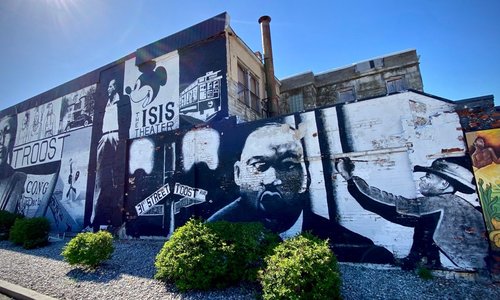
New Report: A Close Look at the Reality of Community Violence Interrupters
Dr. Kathryn Bocanegra and Dr. Shani Buggs, eminent researchers and experts on the work of community violence intervention, have published, together with LISC, Supporting the Frontline Through Community Healing: Advancing Science on Violence Intervention Outreach and Trauma Exposure. The study, focused on safety efforts in Kansas City, MO, is a deeply researched and compassionate look at the trauma CVI workers confront every day and how to support the field so that practitioners “are protected from the same harms they work to prevent.”
View Full Report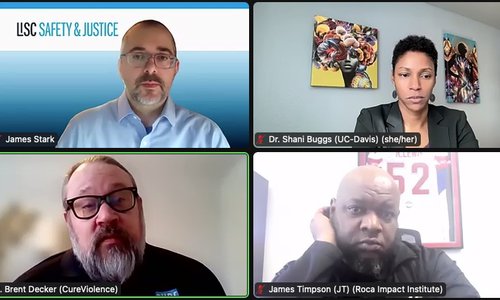
Diving into the Deep, Hard + Imperative Work of Community Violence Intervention
As part of its partnership with the Department of Justice, LISC s supports practitioners and policy makers with best practices and overcoming challenges facing community violence intervention (CVI) work in American communities. An article from the National Criminal Justice Association highlights the many voices represented during a recent webinar for nearly 1,000 attendees, led by on-the-ground experts in violence intervention, researchers and DOJ leaders. The webinar is now part of a robust online resource center hosted by LISC and the DOJ’s Community Violence Intervention and Prevention Initiative.
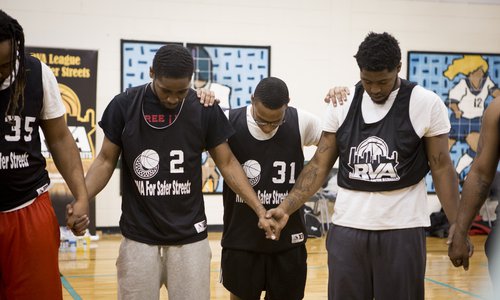
Op-Ed: What It Will Take to Temper the Gun Violence That’s Tearing Our Communities Apart
In an opinion piece for Philanthropy News Digest, Mona Mangat, LISC’s vice president for Safety and Justice, and Dr. Shani Buggs, a an assistant professor with the Violence Prevention Research Program at UC Davis, a national expert on gun violence and a LISC partner, describe the efficacy of community violence intervention strategies and the acute need for more support for these proven solutions. “When we put our trust in community members, when we choose to listen rather than dictate and when we have people in power who understand and fund community-based work, we will begin to see progress,” they write.
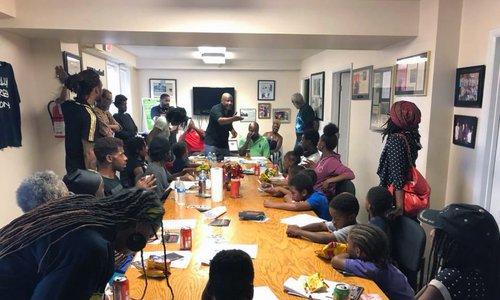
“A Blueprint for How to Thrive”: LISC’s Community Justice Accelerator Helps Local Safety Groups Get Stronger
Grassroots groups that address violence in their communities are lean and underfunded and provide crucial services to their neighborhoods. They're also increasingly recognized as indispensable to the safety and wellbeing of the places where they work. A new LISC program, the Community Justice Accelerator, hopes to help those groups become stronger organizations, poised to receive and deploy the funding they need. At a recent LISC gathering, participants in the first Accelerator pilot shared challenges and insights, and their hopes for the future of the work.
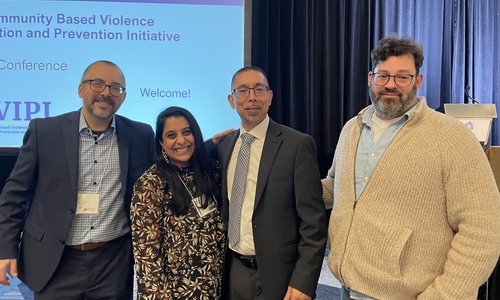
Community Violence Intervention Finally Takes Center Stage
For three days in February, community violence intervention practitioners, leaders at the highest levels of the Department of Justice, funders, researchers and intermediaries like LISC met in St. Louis to celebrate and advance community-based safety work. LISC’s vice president for Safety & Justice, Mona Mangat, describes how revelatory it felt to be there and see this historic perspective shift in action.
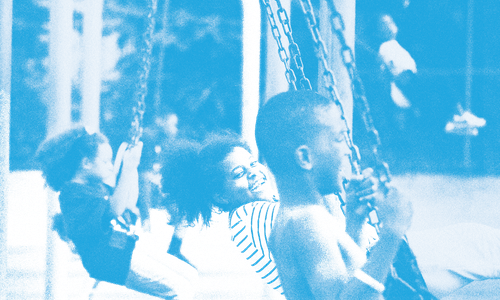
Anti-violence Intervention “By Community, for Community”: Q&A with Research Expert Shani Buggs
Shani Buggs, PhD, is a public health researcher at the University of California, Davis, and one of the nation’s leading experts on anti-racist methods for reducing gun violence in American communities. Here, Buggs answers our questions about outreach-based community violence intervention (CVI), a grassroots approach to quelling violence that is the subject of a comprehensive new research paper she and her colleagues authored in collaboration with LISC.
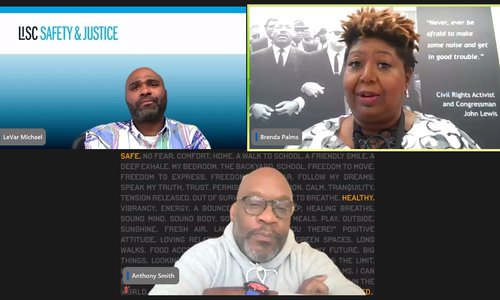
The Promise of Community Violence Intervention: Notes—and Advice—from the Field
Community violence intervention or CVI has proven to be a humane, evidence-based alternative to over-policing and mass incarceration, and is finally getting more of the attention it deserves. LISC’s Safety & Justice team, longtime promoters of CVI in the communities where we work, has embarked on a series of webinars for the Department of Justice, offering CVI best practices from the people who know it best. Read on for highlights from the series launch.
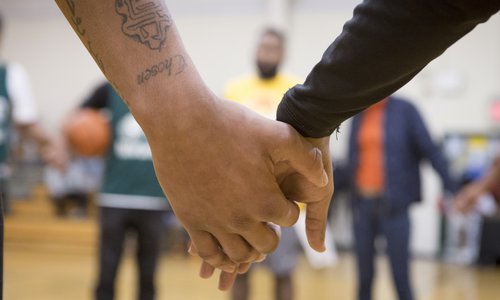
Community Violence Intervention Works, with the Right Support. So Let’s Support It.
Gun violence is another pandemic plaguing the U.S., and Community Violence Intervention (CVI) workers have proved extraordinarily successful in helping stanch violence in our neighborhoods. In an op-ed for Next City, Dr. Shani Buggs, a gun violence researcher and consultant to LISC's safety and justice team, and Lisa Glover, LISC's interim CEO, argue that to scale and reinforce these efforts, we must collectively help ensure that CVI outreach workers are compensated, trained and supported like the dedicated, life-saving professionals they are.
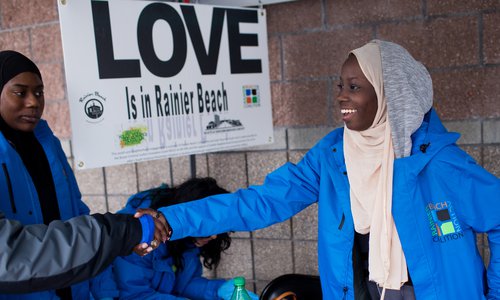
Federal Violence Intervention Policies Need to Put Communities at the Center
In a close look at federal opportunities to promote community safety, LISC’s Nicole Barcliff explains why it is vital for policymakers to help build the capacity of nonprofit and community-based organizations that can bring together residents, law enforcement and other local stakeholders to mitigate crime spikes and fuel safer, stronger neighborhoods.
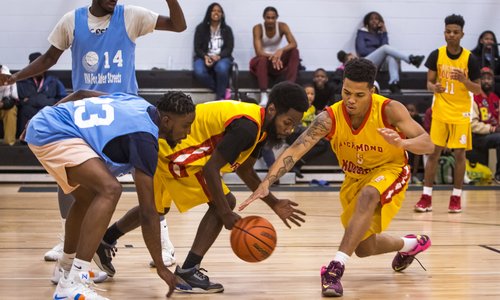
The Justice League
We first published this story about the RVA League for Safer Streets and its co-founders, Jawad Abdu and Paul Taylor, in January. Sadly, Jawad Abdu died of a heart attack on July 13, 2019. We are reposting the article to commemorate Abdu's work and commitment to his community, which will be carried forward by his partners Taylor and Robert Morris. In less than three years, the RVA League for Safer Streets, a basketball-plus-education program for young men from Richmond communities with high crime rates, has had an extraordinary peace-making impact in the lives of participants—and on the city at large. Its founders were informed by experience and insight wrought by decades behind bars, which is why the League is dedicated to keeping people out of prison, and helping those who are returning to become successful members of their communities. The article that follows contains audio quotes from the League's founders about pivotal experiences in their lives in and outside of prison.